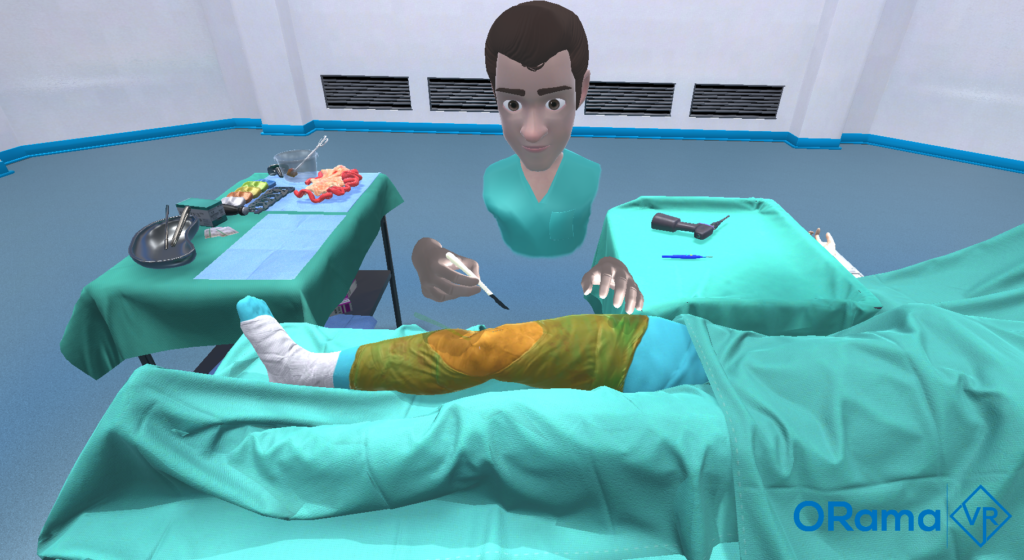
Artificial intelligence to improve cancer diagnosis
2 November 2022

As part of the European BigPicture project, Henning Müller and his team from the HES-SO Valais in Sierre are developing algorithms to improve cancer diagnosis. These technologies are of interest to certain hospitals, including Sion.
Since February 2021, Henning Müller, head of the eHealth Unit at the Computer Science Institute of the HES-SO Valais-Wallis in Sierre, has been participating in the European BigPicture project. This project aims to create the largest database of histopathological images in the world, a medical discipline designed to make a diagnosis through the microscopic study of tissues. These tissue samples are taken from sick patients and the images are obtained using a scanner.
With a budget of €70 million over six years, BigPicture brings together 45 academic, medical and pharmaceutical partners from 15 countries. As part of the Horizon 2020 research framework program, it aims to have a decisive impact on the early identification of cancers. In this context, Henning Müller’s team has been awarded €400,000 to develop artificial intelligence tools to support doctors in their diagnosis. “In collaboration with other specialized institutes, we are training algorithms to bring out similarities between these millions of images. Eventually, our platform will allow doctors to compare their patients’ cellular abnormalities with those that are most similar in this database.” This tool can then be used to better categorize a tumor, its severity and stage, to see how other pathologists have treated these cases, as well as to be used for training purposes for doctors.
The images are collected from European laboratories and large pharmaceutical companies. They are anonymized and their sharing between the different partners is subject to the European Union’s General Data Protection Regulation. The image bank includes tissues of human origin, but also animal tissues, since clinical research sometimes tests drugs on animals first.
Some hospitals are already interested in the BigPicture project and believe in the potential of artificial intelligence, notably Sion Hospital. “For a few months now, we have been digitizing about 20% of our histological sections, which has the advantage of starting an inevitable transition, of being able to participate in research projects in this field, and of being able to more easily solicit the opinions of experts in Switzerland or abroad if necessary. In the long run, algorithms could allow us to become more efficient and thus compensate for the lack of specialists we are facing,” said Igor Letovanec, head physician of the histocytopathology department at the Central Hospital Institute in Sion. However, these technologies remain decision support tools and the final say will always rest with pathologists. According to Letovanec, there are two challenges in this context: data storage capacity and funding for these technologies.
By the end of the project in 2026, the algorithms created in part in Sierre will have to be certified by the competent organizations at the international level. They could then be distributed on the market.
Source: Le Nouvelliste

